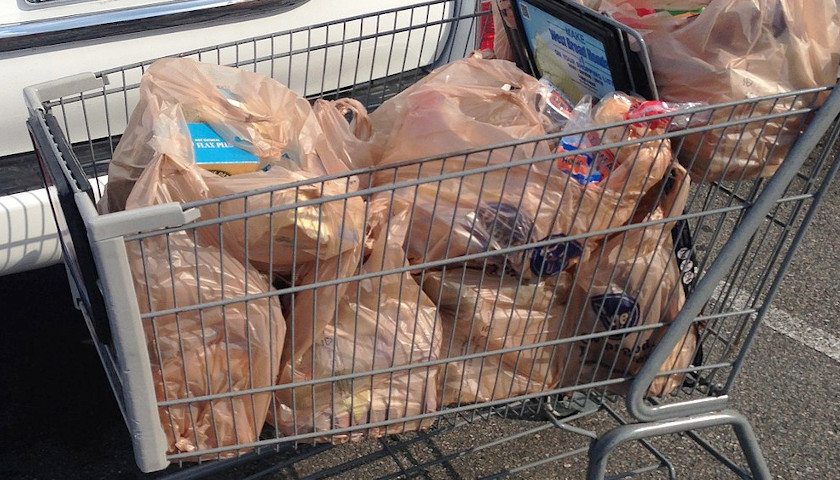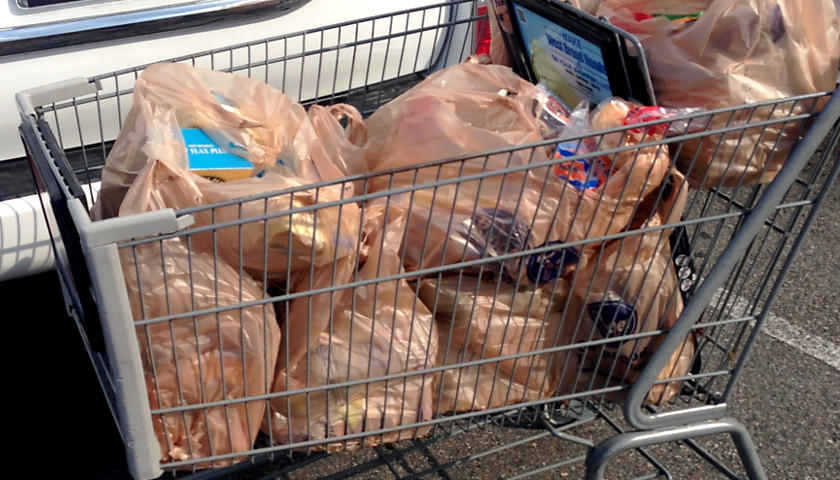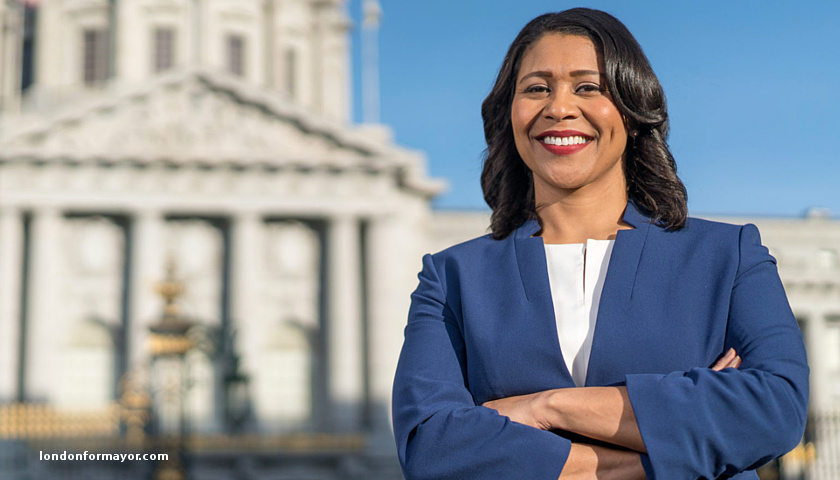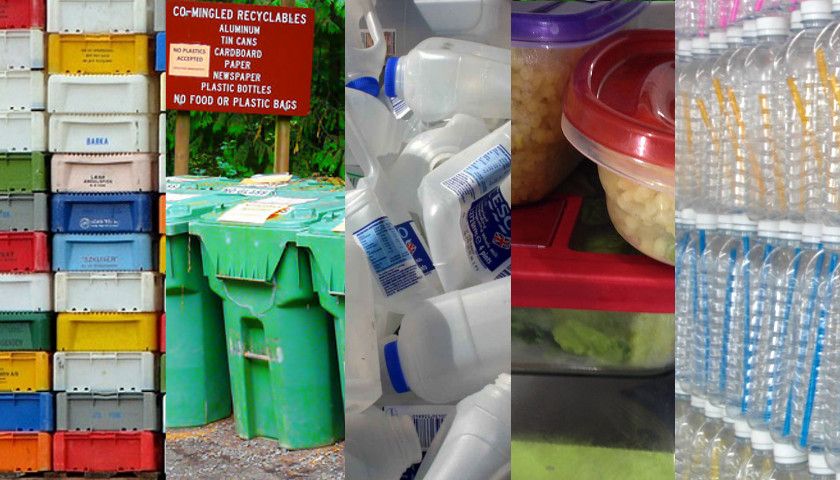by Andrew Kerr San Francisco Mayor London Breed said the streets of her city are flooded with the excrement of the homeless in an interview Friday. Breed, a Democrat who was inaugurated as the San Francisco’s mayor Wednesday, urged homeless advocacy groups that receive money from the city to teach homeless people to “clean up after themselves.” “There is more feces on the sidewalks than I’ve ever seen growing up here,” Breed told KNTV. “That is a huge problem and we are not just talking about from dogs — we’re talking about from humans.” The streets of San Francisco are littered with a “dangerous mix of drug needles, garbage, and feces”, KNTV’s investigative team reported in February after surveying the city’s streets. “We see poop, we see pee, we see needles, and we see trash,” preschool teacher Adelita Orellana told KNTV. “Sometimes they ask what is it, and that’s a conversation that’s a little difficult to have with a 2-year old, but we just let them know that those things are full of germs, that they are dangerous, and they should never be touched.” There are about 7,500 homeless people living in San Francisco according to the city, which will spend nearly $280 million this year on…
Read the full story




